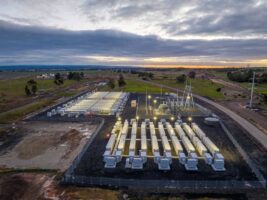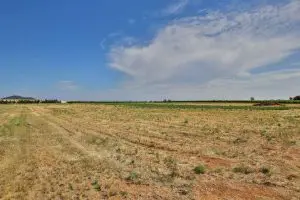Five projects and seven studies aimed at boosting the integration of distributed energy resources on Australia’s grid have won backing from the Australian Renewable Energy Agency, as part of a new push to get the most out of behind the meter clean energy technologies including solar, inverters and battery storage.
In a statement on Monday, ARENA said it had awarded $9.6 million in funding to the 12 DER projects and studies, including a $4.29 million cross-network project led by Canberra-based energy software company Zeppelin Bend.
Distributed energy resources – or DER, and also known as demand response – encompasses behind-the-meter technologies like rooftop solar, controllable loads of both homes and businesses, electric vehicle charging points, smart appliances and systems (fridges, air-cons, hot water heaters, pool pumps) and smart meters and data services.
All told these resources are expected to be a major contributor to a smooth-running, renewable energy dominated future grid, with many – including ARENA CEO Darren Miller – predicting that consumer-generated energy account for up to half of the NEM electricity mix within the next few decades.
“Rooftop solar, batteries and other customer-related energy technologies are set to play a key role in shaping the future energy system,” Miller said.
“It is projected that up to half of all electricity could be generated by consumers within the next few decades, up from around 4 per cent today. This is a huge change and will require innovations in software, hardware and thinking to achieve the best outcome for consumers,.”
On that front, the Zeppelin Bend Evolve project, which is also being funded by the NSW government, will trial software on the NSW grid that will act as a “traffic controller” able to direct DER assets to increase or decrease their energy output to manage grid congestion.
A separate $2,2 million project, which is getting $1.12 million in ARENA funding, will explore how existing grid infrastructure can better integrate with solar power and other new technologies.
That Victoria-based trial, Creating Solar Friendly Neighbourhoods, is a joint effort from energy infrastructure company Jemena, electricity distributer AusNet Services, and UNSW Sydney.
The seven studies – which were awarded a total of $2.38 million in ARENA finding – include an ANU study on community energy models and a CSIRO study to prepare a model of the low voltage grid for public use.
ARENA said this latest funding initiative complemented work the Agency had already undertaken in the DER space, including the announcement last year of the Distributed Energy Integration Program (DEIP); a collaboration of energy peak bodies, market authorities, industry associations and consumer associations to enhance the potential of consumer-owned energy resources.
“We are looking at how we can make the most of of the growth in distributed energy resources as consumer choice expands and changes the way we generate and use energy,” Miller said.














